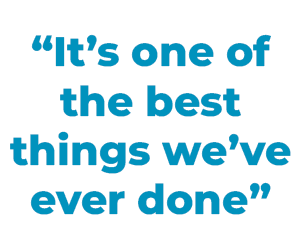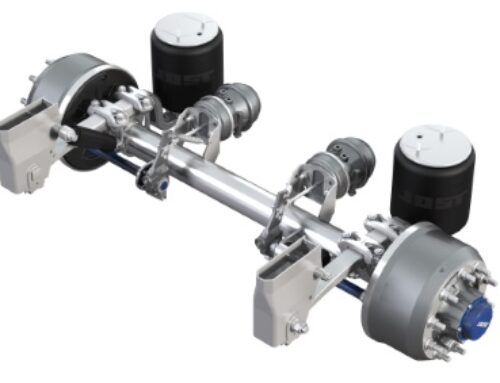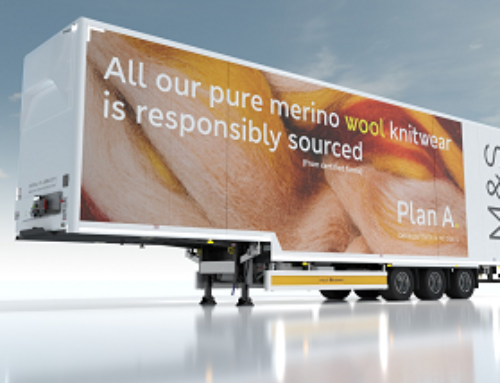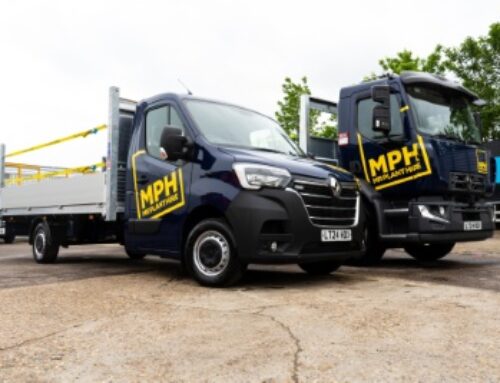New E-Transits for Nurture Group
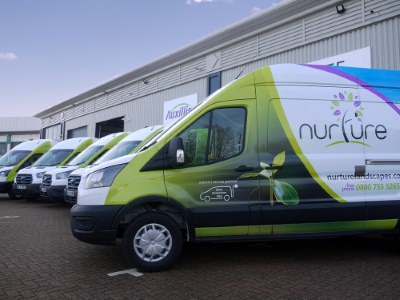 Nurture Group is expanding its commercial electric vehicle (EV) fleet with the addition of 10 new Ford E-Transit vans for its Grounds Maintenance division.
Nurture Group is expanding its commercial electric vehicle (EV) fleet with the addition of 10 new Ford E-Transit vans for its Grounds Maintenance division.
Gordon Brownrigg, sustainability manager at Nurture Group, said: “I am really excited about this next round of EV vans as it represents our biggest single order of commercial EVs since we started electrifying the fleet.
“Using electric vans where we can is a critical step in our net zero journey and these additions will have a positive, tangible impact on reducing our carbon footprint. These vehicles will reduce our emissions by between 3 and 4 ½ tonnes per year each.”
The E-Transit takes centre stage in Nurture Group’s electrification strategy, with the vehicle’s size and operational suitability aligning with its diverse needs for carrying large machinery and tools as well as trailers.
The company has also opted to take the Pro Power Onboard optional extra meaning the vans can double up as a plug-in power source, allowing the Grounds Maintenance teams to power their equipment without the need for a mains power source or a separate fuel-driven generator. The Pro Power Onboard delivers 2.3 kilowatts of exportable energy.
Mohib Iqbal, group fleet manager at Nurture Group, said: “We anticipate a substantial increase in the number of electric vehicles within our commercial fleet over the course of the next few years, further demonstrating our commitment to operating a greener fleet.”
The decision to integrate electric vans into the Nurture fleet comes with its own set of challenges, as there are difficulties associated with transitioning vans that carry heavier loads and are constantly on the move. Overcoming these challenges involves not only procuring the electric vehicles but also in the installation of charging infrastructure across various company and client sites.
To combat this, Nurture has introduced innovations on staff remuneration for home charging to help support the commercial fleet teams as well as ease pressure on depot chargers and a reliance on expensive roadside networks.


